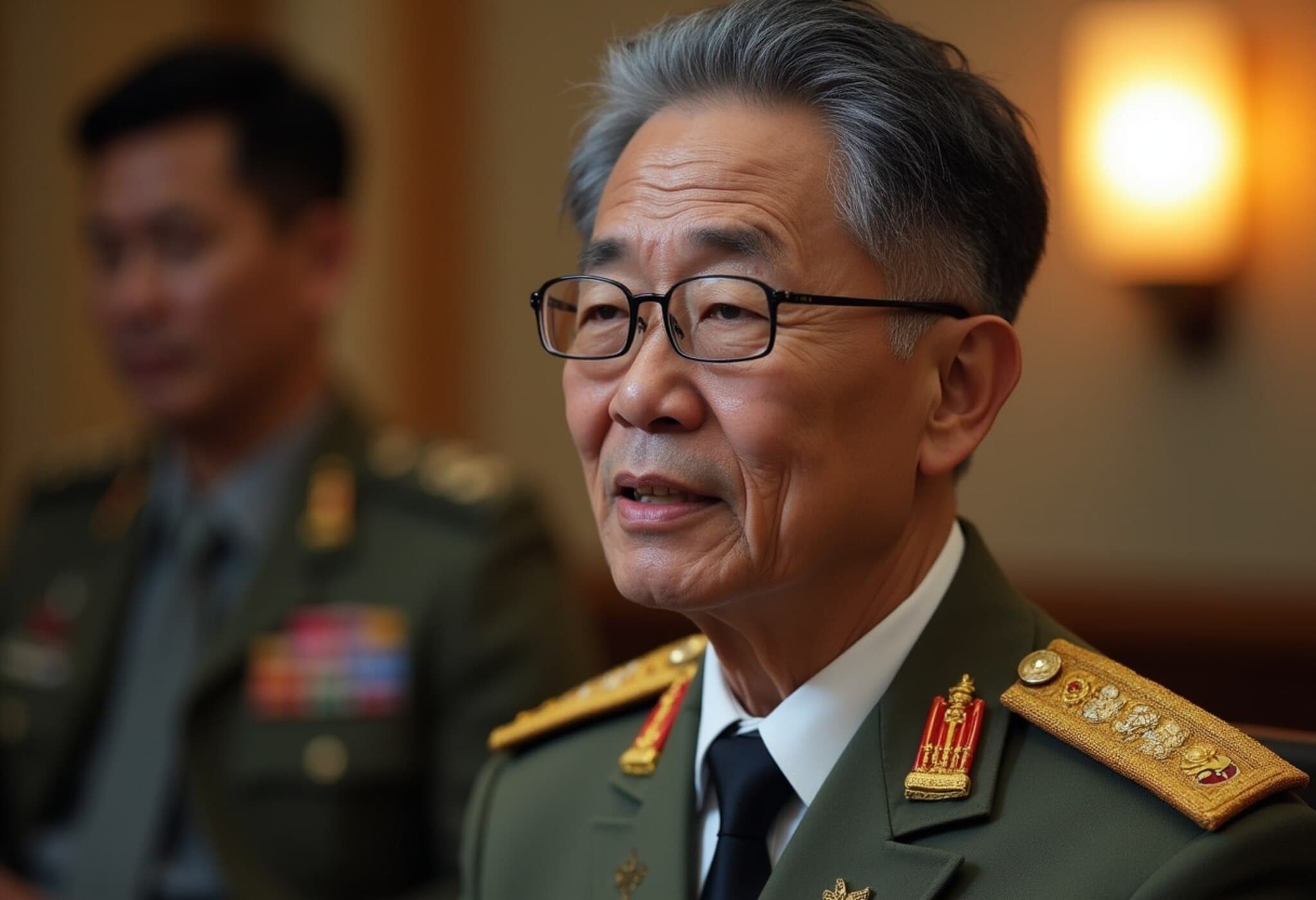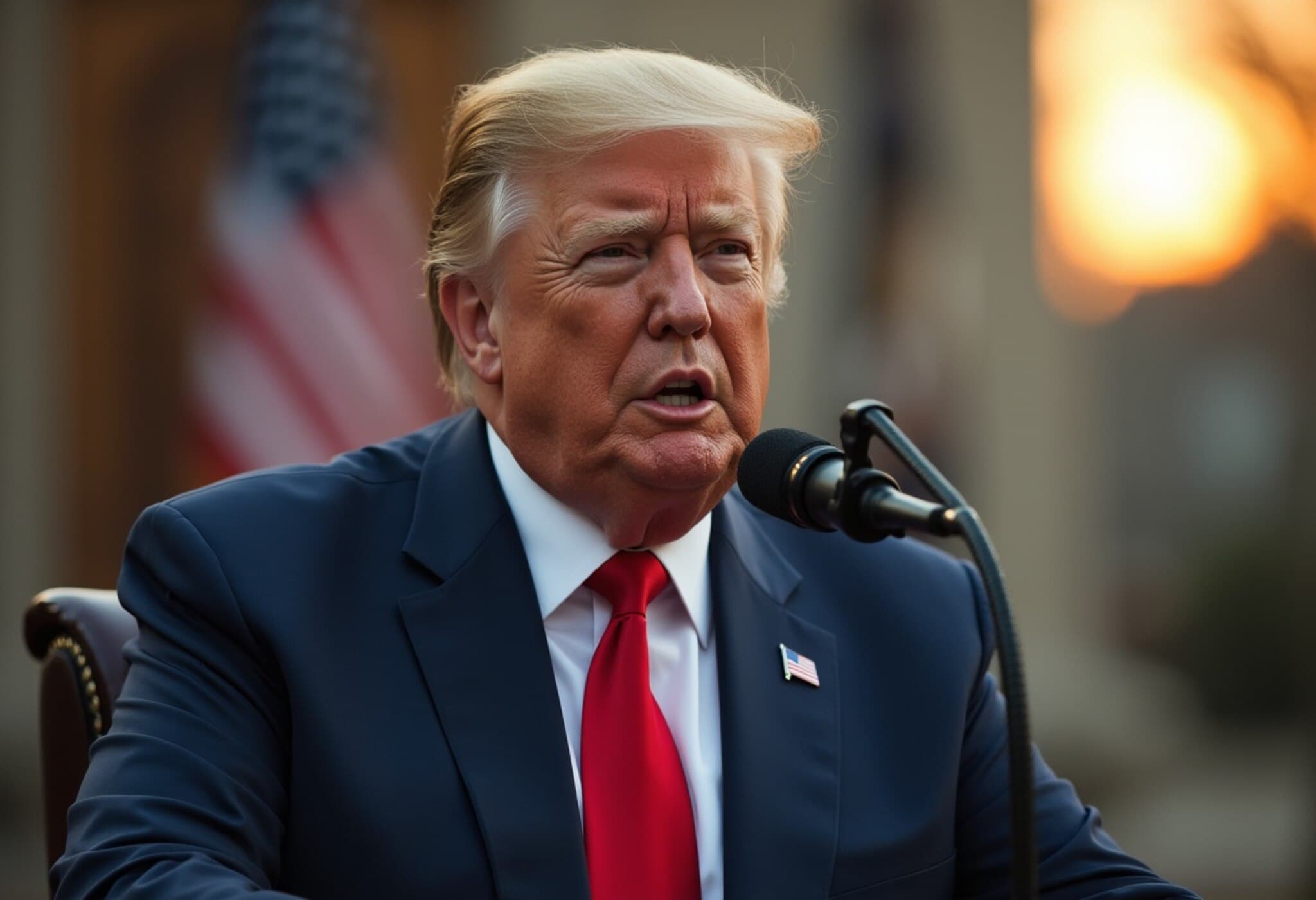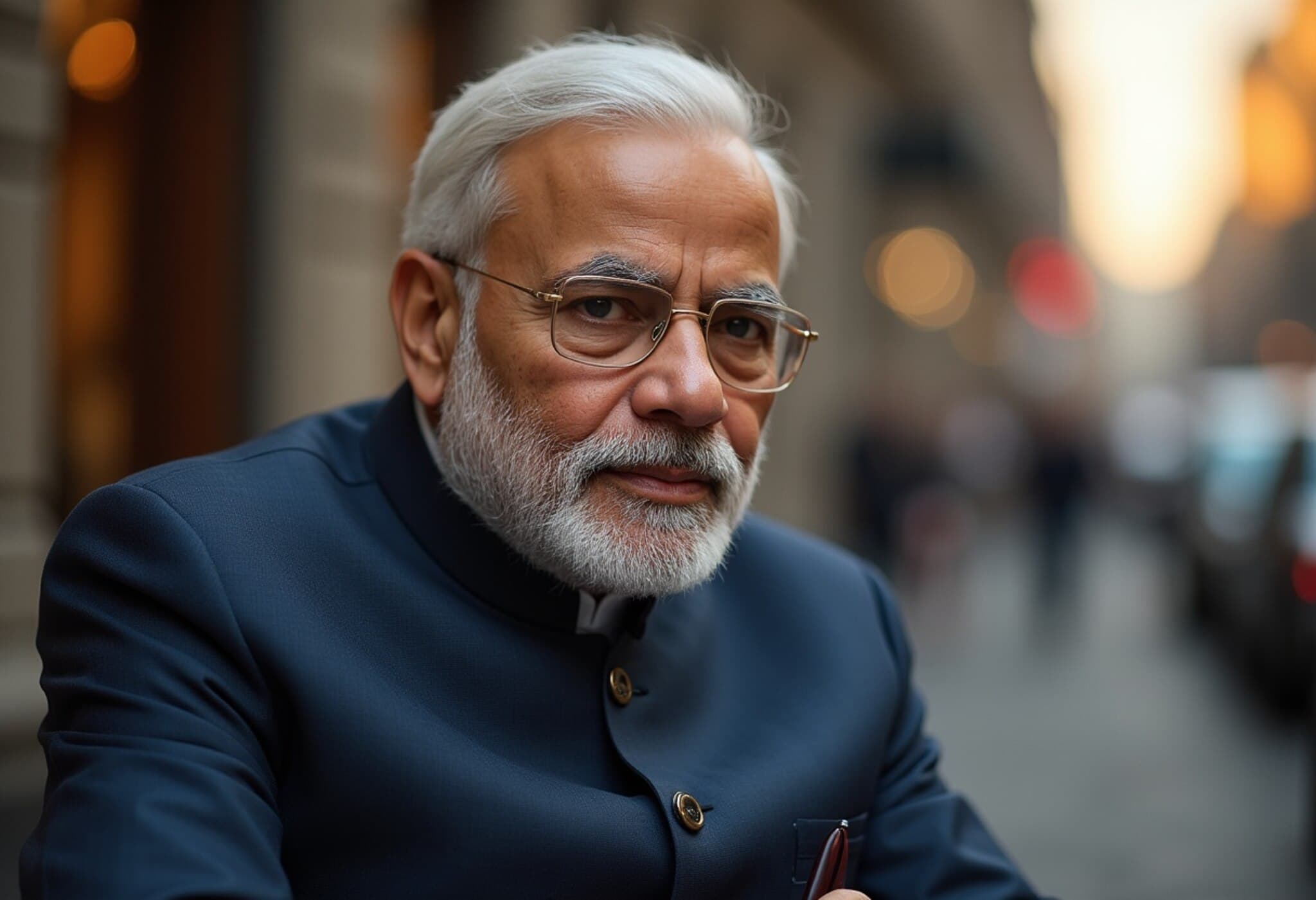Drone Attacks in Afghanistan by Pakistan Ignite Diplomatic Tensions
In a troubling escalation of cross-border violence, Pakistani drone strikes on Wednesday night claimed the lives of three Afghan civilians and wounded seven others in Afghanistan's Nangarhar and Khost provinces. The strikes targeted residential areas, deepening fears over the fragile security situation in the region and prompting a stern diplomatic protest by the Taliban government.
Details of the Drone Strikes and Civilian Impact
According to local Afghan officials cited by Reuters, the drone attacks devastated homes in two key provinces along the Afghanistan-Pakistan border. In the Spera district of Khost province — a region contiguous with Pakistan’s North Waziristan — three children lost their lives and several others were injured after their home belonging to Haji Naeem Khan was struck.
Simultaneously, in Nangarhar province’s Shinwar district, a drone strike demolished a home belonging to a man named Shahsawar, injuring four of his sons and his two wives. These provinces have long been focal points for insurgent movement and cross-border tensions, often serving as flashpoints in the wider Afghan-Pakistani security landscape.
Taliban Responds by Summoning Pakistani Envoy
The aftermath of these strikes saw the Taliban foreign ministry denounce the incidents as flagrant violations of Afghanistan’s sovereignty. In a formal protest, the ministry summoned Pakistan’s ambassador to Kabul, Ubaid-ur-Rehman Nizamani, reprimanding Islamabad for the “violation of Afghanistan’s airspace and the bombing of civilians.” The statement reaffirmed that such incursions could lead to serious repercussions, underlying the precariousness of peace efforts.
Notably, Ambassador Nizamani—a seasoned diplomat who survived a violent attack on the Pakistan embassy in Kabul in 2022—remains in office amid persistent strains between the two neighboring nations. His role is pivotal, as channels of communication stay open despite escalating confrontations.
Context: Persistent Cross-Border Strife and Recent Diplomatic Efforts
The strikes come less than a week after a trilateral dialogue in Kabul involving Pakistan’s Foreign Minister Ishaq Dar, along with his Chinese and Afghan counterparts. The meeting marked an attempt to strengthen counter-terrorism cooperation, expand bilateral trade, and advance the China-Pakistan Economic Corridor (CPEC) into Afghanistan.
However, longstanding accusations from Pakistan that Afghanistan harbors militants attacking its territory continue to sour relations. Kabul, on its part, denies offering sanctuary to anti-Pakistan insurgent groups, creating a stalemate that complicates security coordination.
Expert Insights: The Challenge of Drone Warfare and Regional Stability
Drone strikes, while tactically precise, carry significant risks in fragile geopolitical contexts. Experts caution that the use of such technology across international borders without consent not only violates sovereignty but risks turning localized conflicts into broader confrontations.
American policy analysts note that Pakistan’s drone operations echo similar debates in global hotspots where counter-terrorism efforts clash with civilian protection. The civilian casualties in Nangarhar and Khost underline the human cost, fueling resentment and potentially feeding militant recruitment narratives.
Furthermore, the timing of these strikes poses critical questions: will they undermine recently forged diplomatic dialogues? How can Afghanistan, Pakistan, and their international partners balance counter-terrorism needs with respect for territorial integrity and civilian safety?
Looking Ahead: Navigating a Complex Security Landscape
The border areas between Afghanistan and Pakistan remain among the most volatile in South Asia. As both countries wrestle with internal security challenges, external mediation and cooperative frameworks are vital.
Continued dialogue, transparency over military actions, and robust mechanisms to prevent civilian harm are essential to avoid spiraling into deeper conflict. The international community, including stakeholders like China and the United States, must invest in stabilizing this critical juncture.
Editor's Note
This series of drone strikes not only highlights ongoing cross-border tensions but also sheds light on the precarious balancing act faced by regional powers amidst evolving geopolitical and security dynamics. As Pakistan and Afghanistan strive to pursue peace and cooperation through multilateral forums, the challenge remains to reconcile military actions with diplomatic overtures, especially considering the human toll on border communities.
Readers are encouraged to consider the broader implications of drone warfare beyond tactical gains — including humanitarian, legal, and regional stability issues — as South Asia navigates a complex future.









